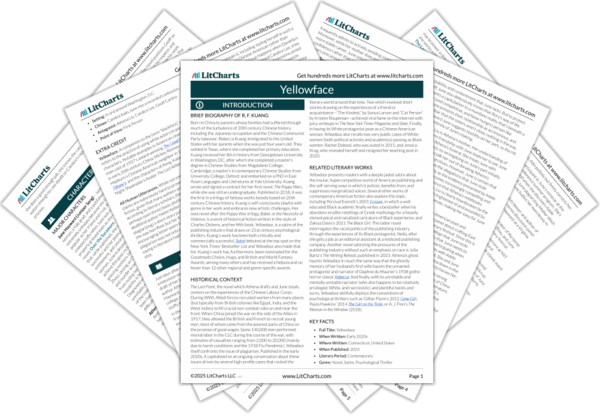June may or may not actually be a good writer. She certainly isn’t a good person. But she is very, very good at playing the publishing industry’s game. She is, after all, a creature of its making—and of the economy of attention that exists in the social media sphere. Having failed to achieve fame, she’ll willingly settle for notoriety, and she’s willing to flood the zone with however many words and however many rounds of debate are necessary to wrest control of her public persona back from Candice, online commentators, and anyone else who dares challenge her.
